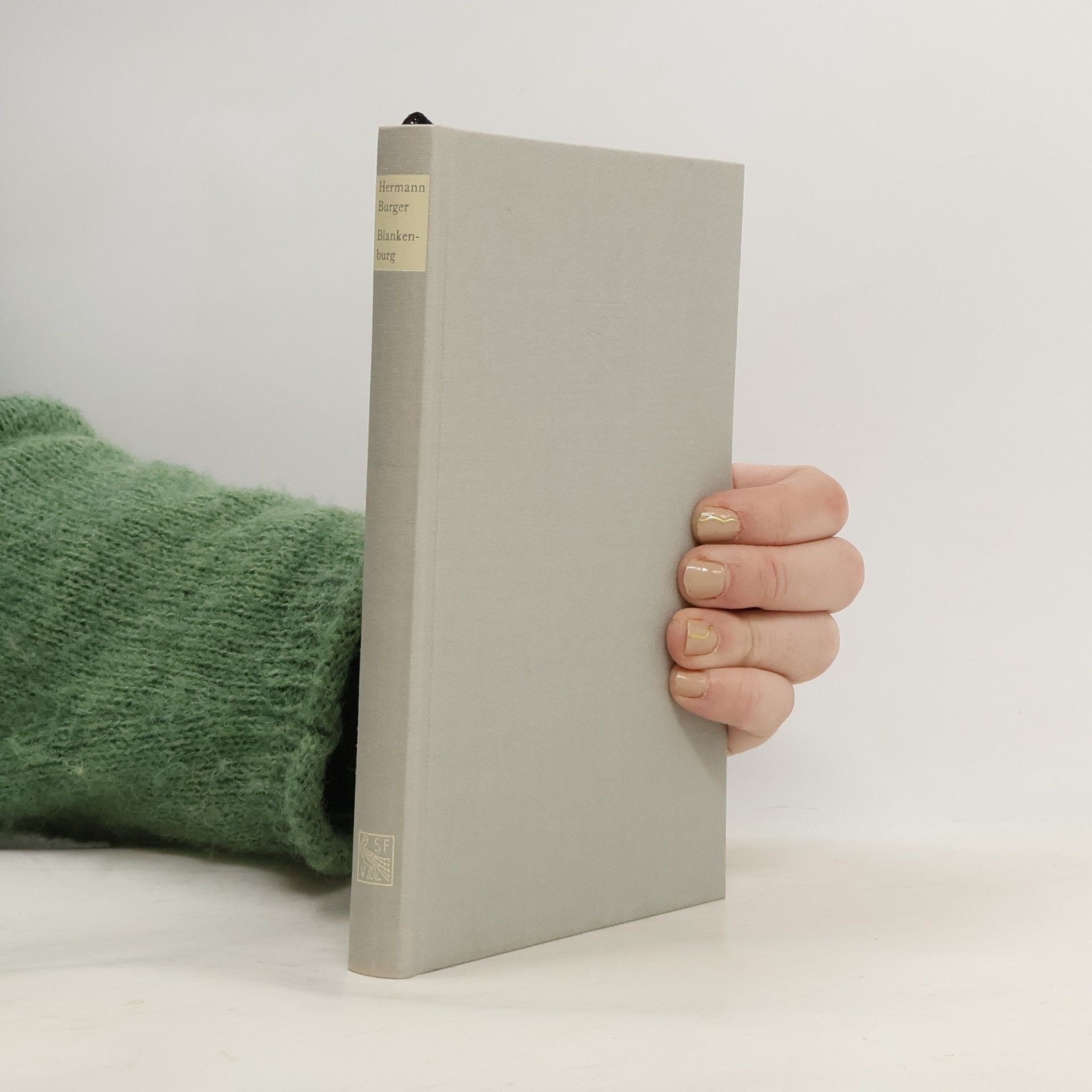Brenner
- 400pagine
- 14 ore di lettura
“Hermann Burger was an artist who went the whole hog every time, didn't conserve himself. He was a man with a big longing for happiness.” --Marcel Reich-Ranicki Appearing in English for the very first time, Brenner is a delightfully unusual novel full of dark humor tracing the childhood memories of the book's eponymous narrator, a scion of an ancient cigar dynasty. Perpetually shrouded in a thick cloud of cigar smoke, Herman Arbogast Brenner, scion of an old and famous cigar dynasty, has decided to kill himself––but not until he has written down his forty-six years of life, in a Proustian attempt to conjure the wounds, joys, and sensations of his childhood in the rolling countryside of the Aargau region of Switzerland. Estranged from his wife and two children, he decides there is no point in squirrelling away his fortune, so he buys himself a Ferrari 328 GTS, and drives around sharing cigars with his few remaining friends. In this roman à clef, writing and smoking become intertwined through the act of remembering, as Brenner, a fallible, wounded, yet lovable antihero, searches for epiphany, attempting to unearth memories just out of reach— the glimmer of a red toy car, the sound of a particular chord played on the piano, the smell of the cigars themselves. Brenner is the final work from Hermann Burger, who died by suicide in 1989. The book comes out just days before what would have been the author’s 80th birthday.








